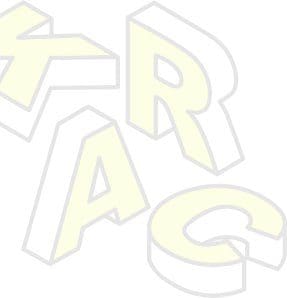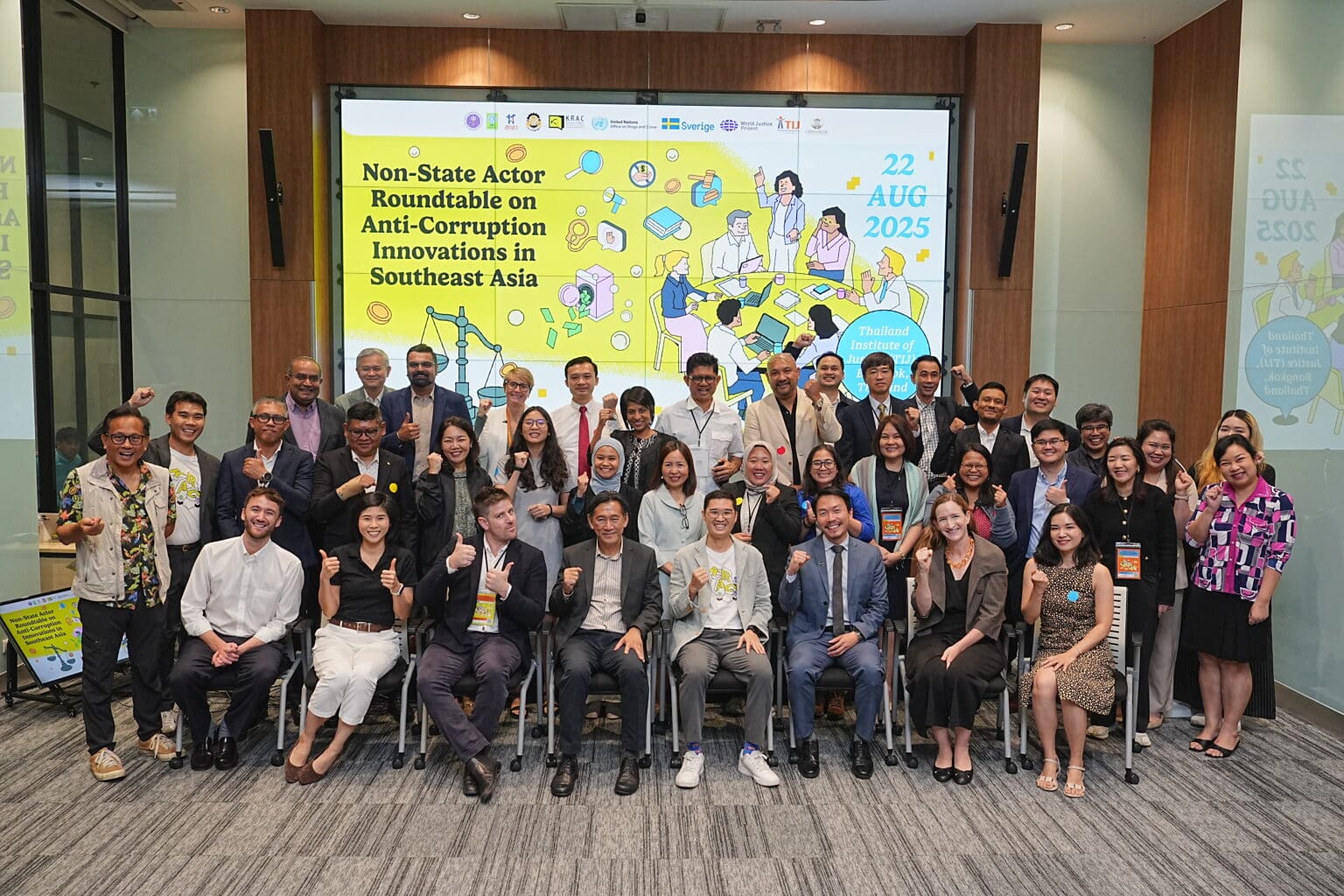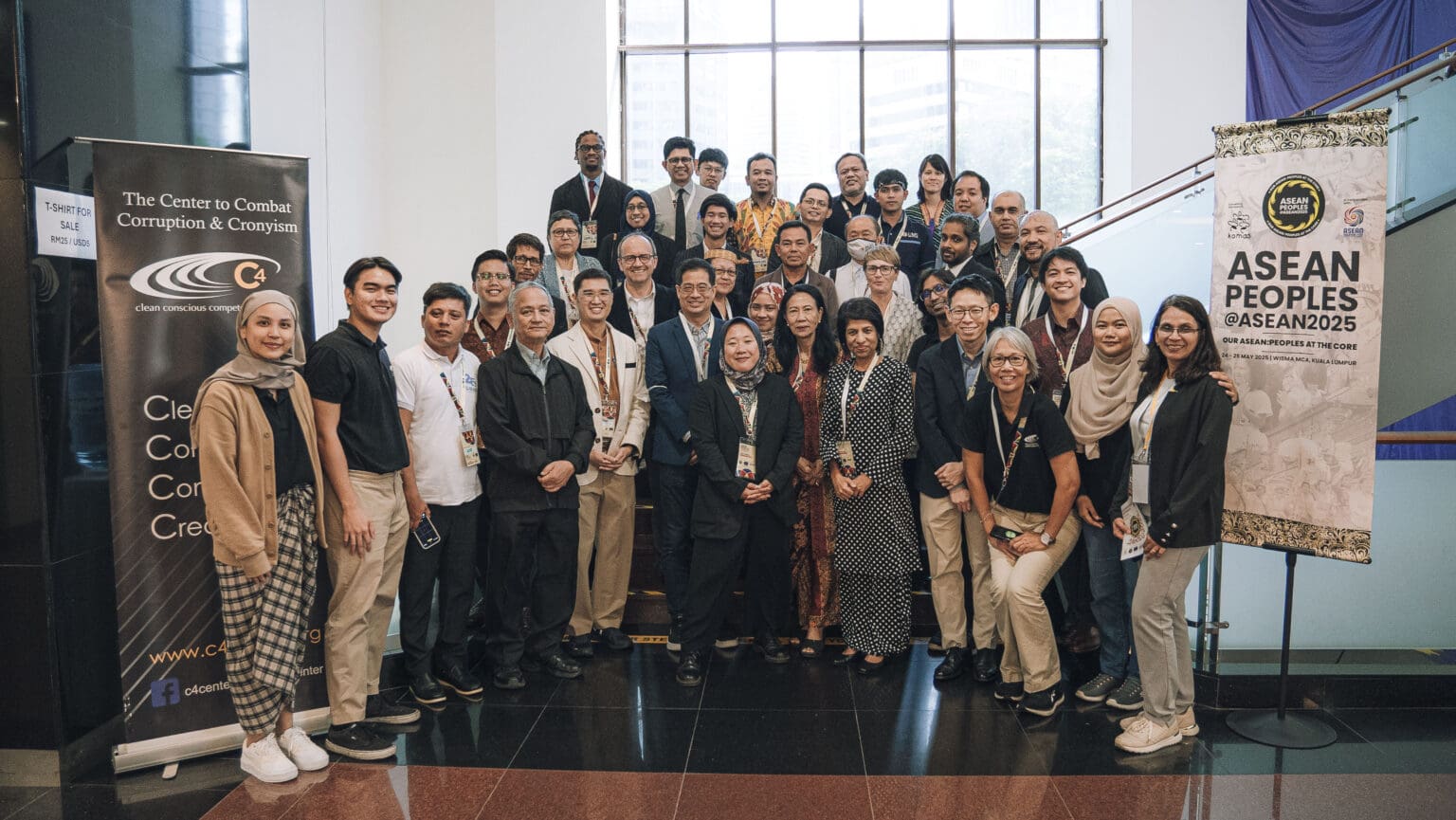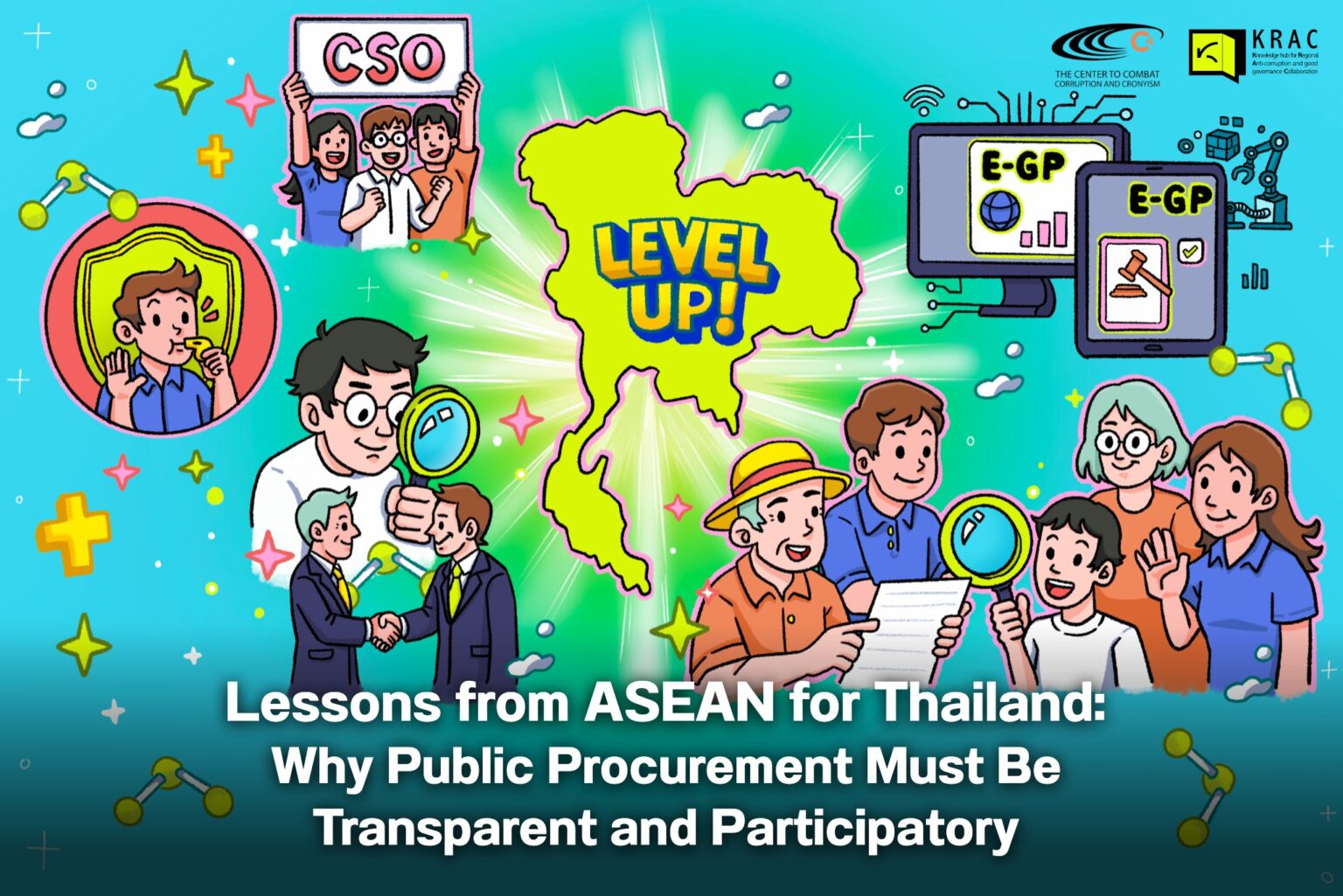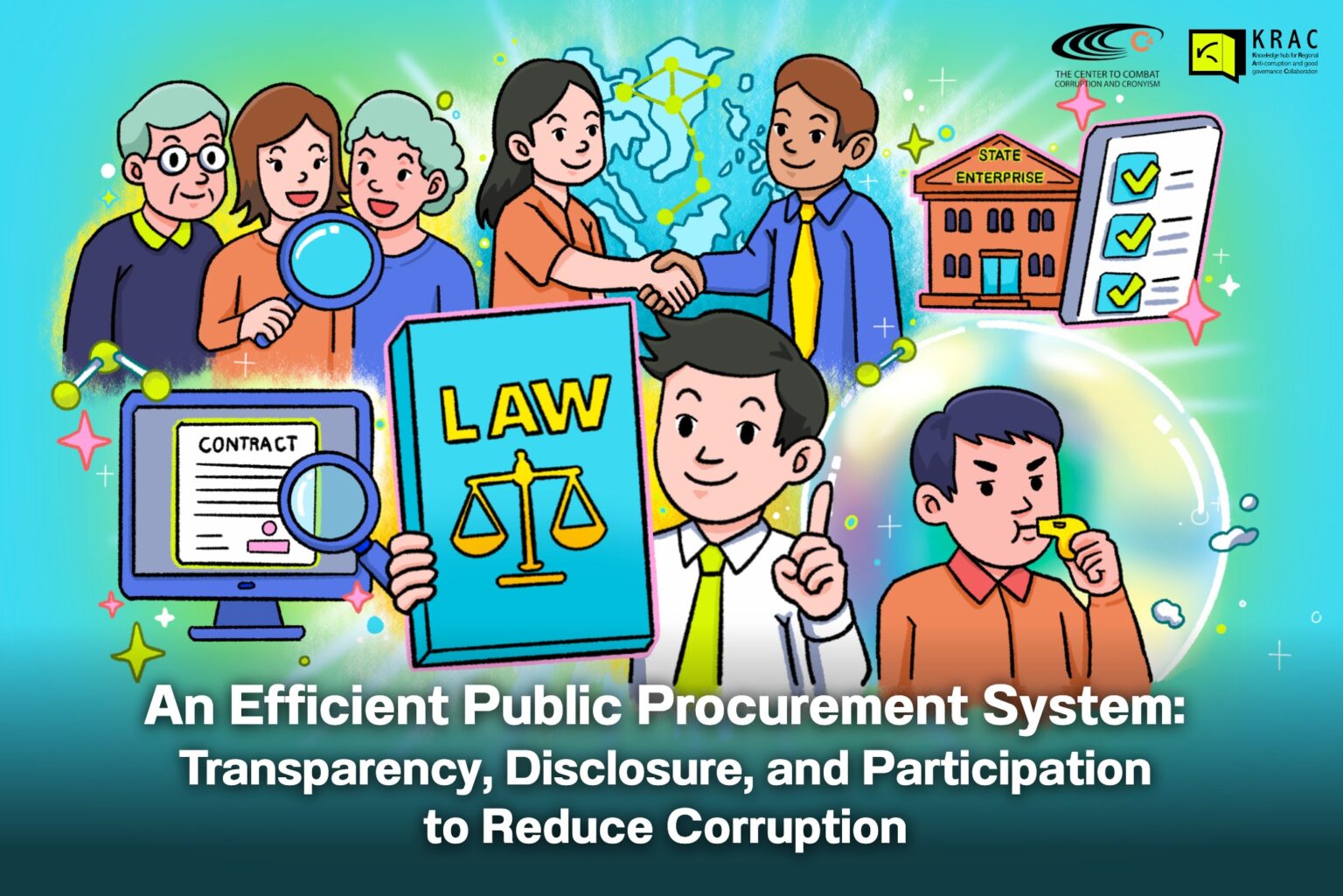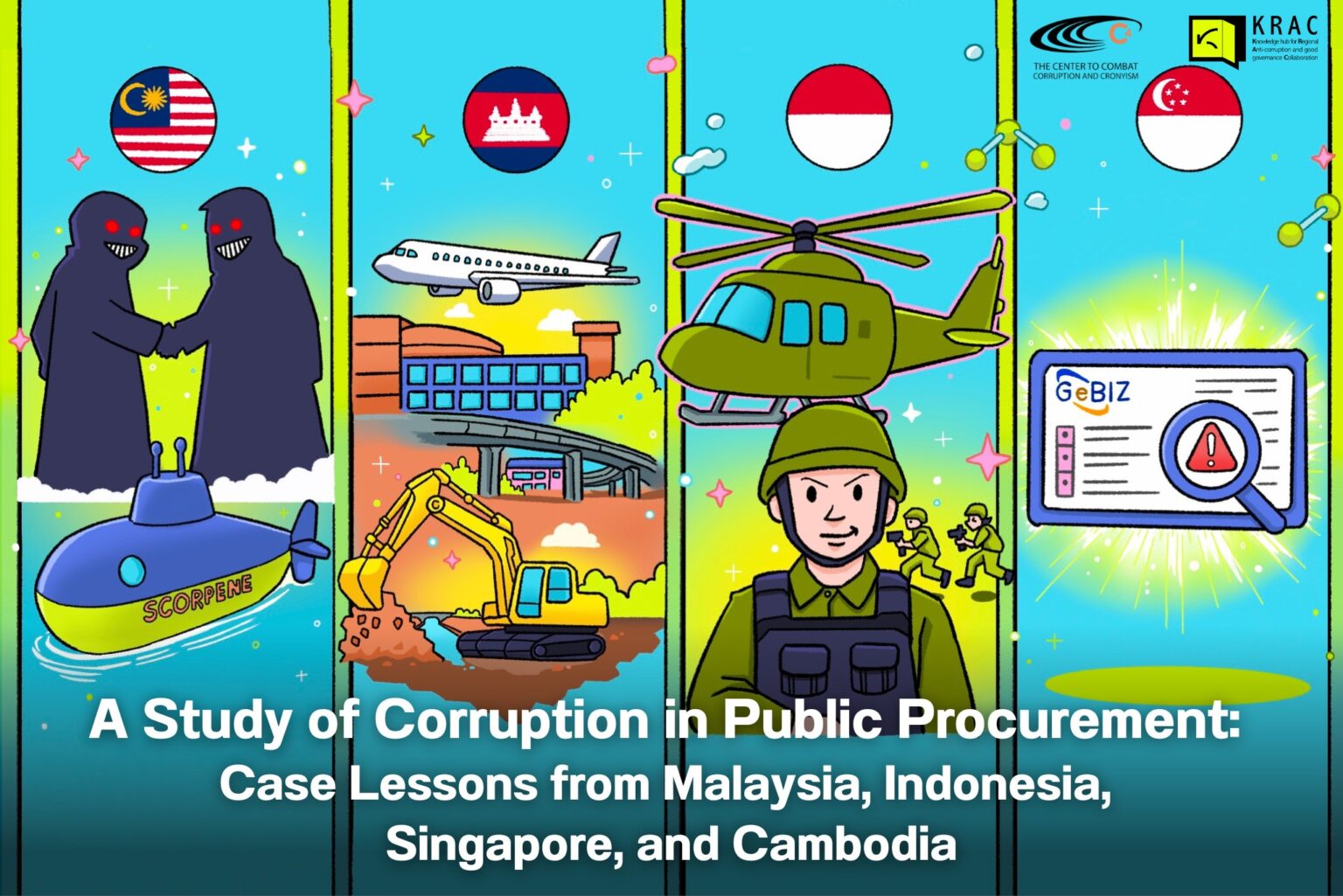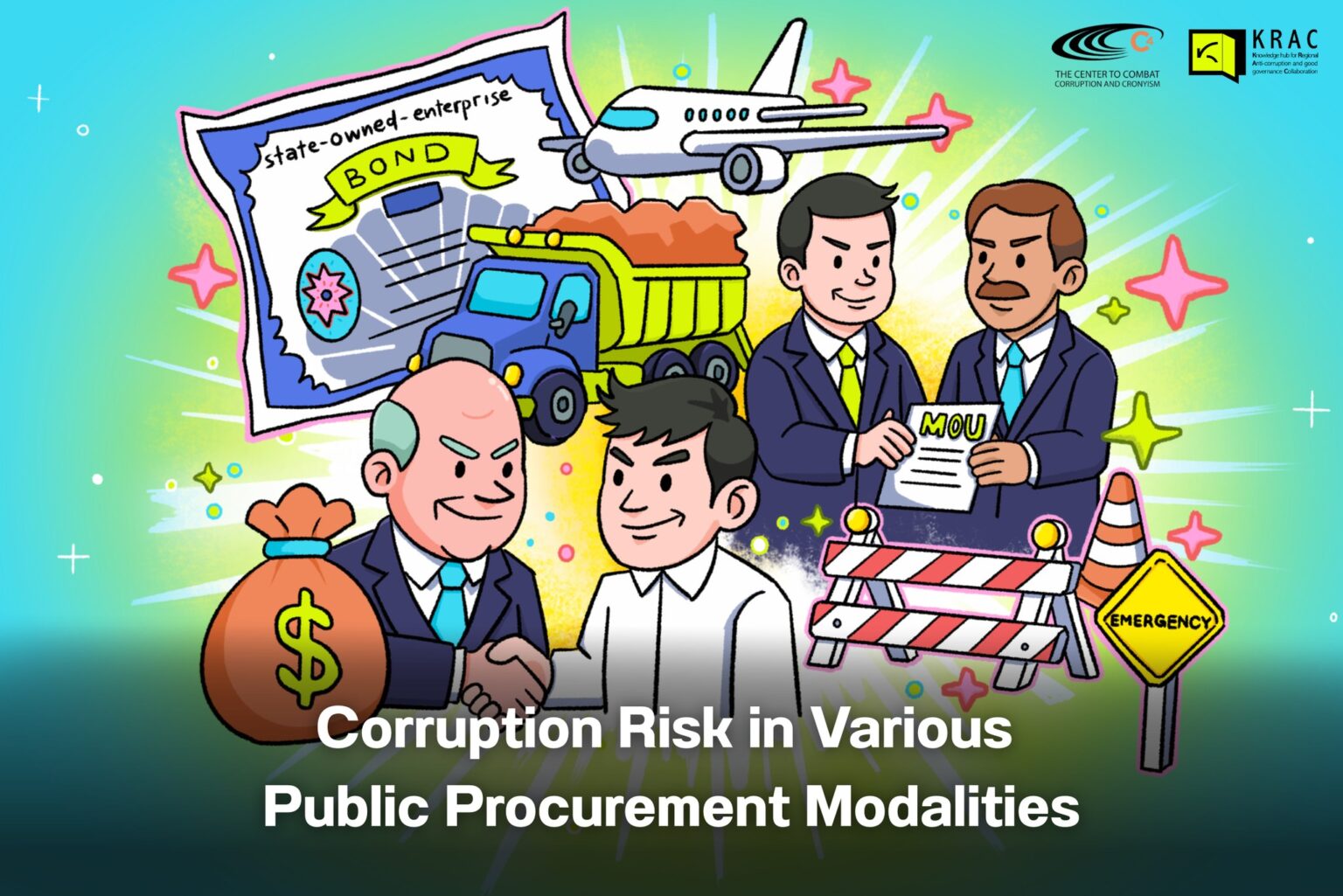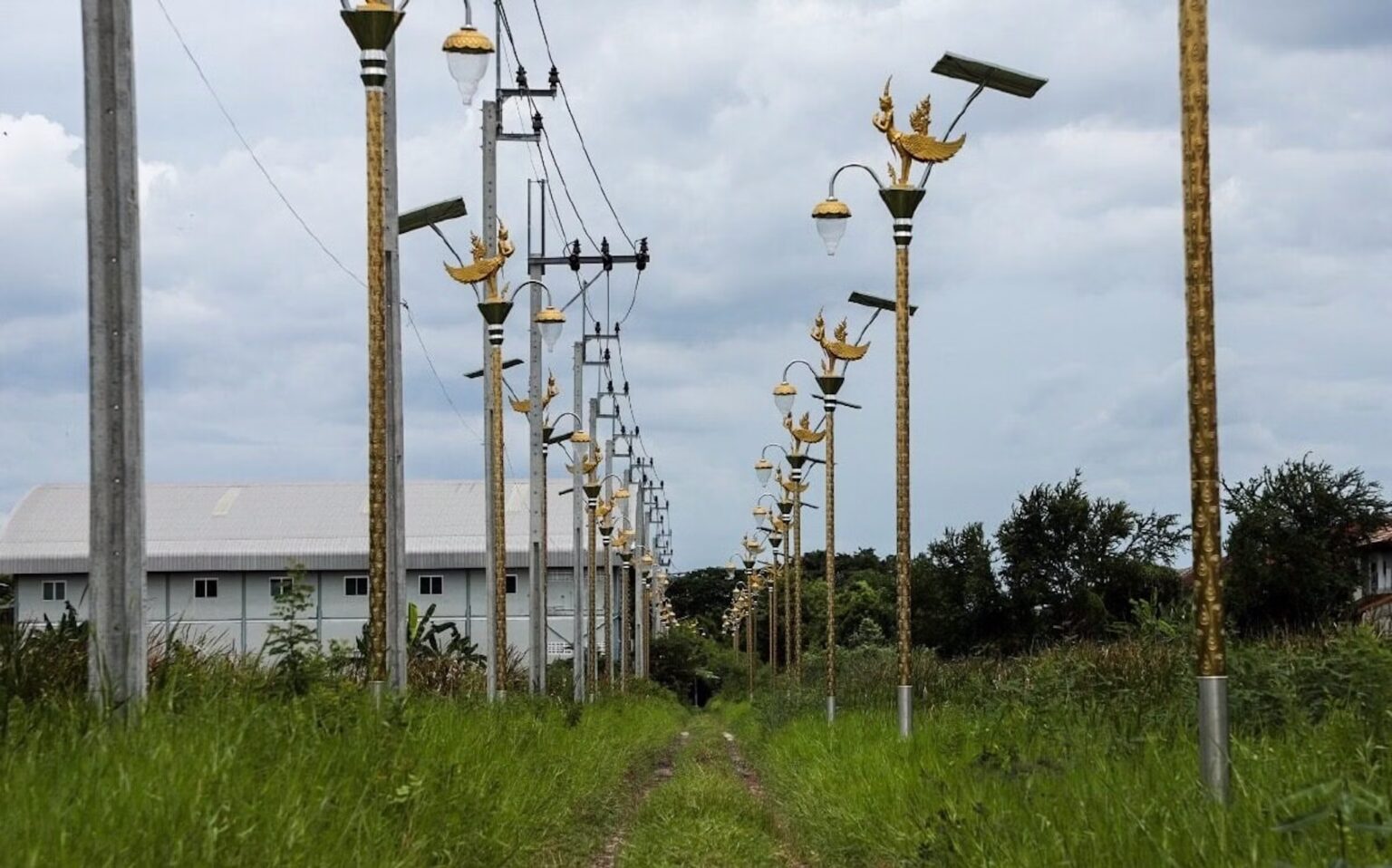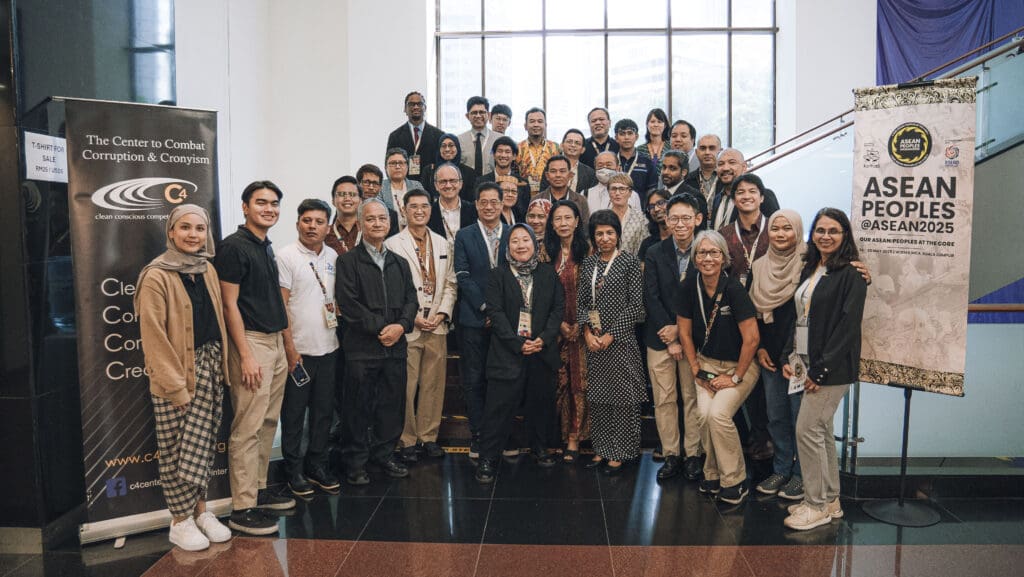
CSO Forum Enhancing Inclusivity and Sustainability
Event Title: Effective Whistleblowing in Environmental Crimes and Corruption: A Regional Perspective
(Whistleblowing to Defeat Environmental Crime side event at the ASEAN Summit)
Organized by: Southeast Asian Anti-Corruption Network for Civil Society Organizations (SEA-ACN), represented by the Center to Combat Corruption and Cronyism (C4 Center)
Date: Sunday, 24 & 25 May 2025
The two-day regional dialogue brought together journalists, civil society organizations, legal experts, and anti-corruption advocates to address the intersection of environmental crimes, corruption, and whistleblower protection across ASEAN.
Day 1: Understanding Transnational Environmental Crime
Louise Taylor, Asia Director of the Global Initiative against Transnational Organized Crime (GITOC), presented alarming data showing that 73% of Southeast Asian countries report significant environmental crimes, surpassing global averages in flora, fauna, and nonrenewable resource crimes. Louise highlighted corruption’s pervasive role and called for measuring the true cost of lost public funds that should benefit communities.
A roundtable discussion followed, with resource persons from Indonesia, Malaysia, and Cambodia sharing case studies:
- Indonesia: TEMPO’s investigation into nickel mining revealed the risks whistleblowers face under strict defamation laws, prompting the creation of IndonesiaLeaks to protect sources.
- Malaysia: Malaysiakini exposed a failed RM17 million palm oil project near Pahang National Park, stressing the need to hold financial institutions accountable for enabling environmental damage.
- Cambodia: Activists and journalists face SLAPP suits and arrests for exposing deforestation, wildlife trafficking, and mining-related corruption, underlining the need for stronger regional interventions.
Lukas Straumann of BMF presented the Sarawak timber scandal involving Taib Mahmud’s family and shared recommendations for CSOs facing defamation cases: engage strong legal counsel, gather evidence, secure funding, and build international support networks.
Finally, Kiu Jia Yaw from CERAH Malaysia highlighted the recurring transboundary haze crisis, stressing the importance of clean air advocacy and holding corporations accountable for peatland destruction.
Day 2: Whistleblower Protection and SLAPP Suits
Day 2 focused on strengthening legal frameworks and protections for whistleblowers. Pushpan Murugiah examined Malaysia’s Whistleblower Protection Act, identifying key gaps, including limited reporting channels and lack of independence of enforcement bodies. Laode Syarif shared Indonesia’s challenges with forest fires, pollution, and the misuse of electronic transactions laws to silence activists, reminding participants that “good laws are not a guarantee for protection.”
Sessions on SLAPP suits featured Peter Kallang of Save Rivers, Greenpeace’s Jasper Inventor, and youth activist Fadhil Kassim, who collectively emphasized the need for anti-SLAPP legislation, coalitions, and creative campaigning to protect civic space.
Participants worked together to propose a regional whistleblower protection framework, focusing on:
- Support mechanisms: financial, legal, and media support, SLAPP insurance, and secure reporting platforms.
- Advocacy strategies: amplifying marginalized voices and empowering youth.
- Legal reform: anti-SLAPP laws, strict liability protections, and inclusive definitions of whistleblowers.
- Independent institutions: an ASEAN Whistleblower Action Center and independent commissions.
Call to Action
Meena Raman of Friends of the Earth Malaysia concluded by urging global solidarity against environmental crimes, which increasingly intersect with wildlife trafficking, rare mineral exploitation, and hazardous waste management. She called on civil society to leverage international platforms to demand accountability and address emerging threats.
This CSO Forum marked a significant step toward building a stronger regional coalition for protecting whistleblowers, defending environmental rights, and ensuring that corruption no longer undermines environmental justice across ASEAN.
The Center to Combat Corruption and Cronyism (C4 Center)
SEA-ACN Workshop | Strengthening Cross-Border Collaboration to Reform Government Procurement and Combat Corruption in Southeast Asia
Discover how a regional workshop led by KRAC C4 Center and SEA-ACN brought together experts from multiple countries to address gaps in public procurement reforms, share best practices, and strengthen efforts against corruption across Southeast Asia.
SEA-ACN Roundtable | Unclear Government Procurement Processes Could Pave the Way for Corruption
Lack of transparency in public procurement processes can facilitate corruption—what measures can we take to mitigate these risks? Discover regional strategies to combat corruption in government procurement from the SEA-ACN Roundtable insights.
SEA-ACN Roundtable | Transform Your Organization with the Power of Corporate Governance
Unlock the power of corporate governance to transform and strengthen your organization. Discover key insights from the SEA-ACN Roundtable, supported by KRAC, UNODC, and regional partners.

